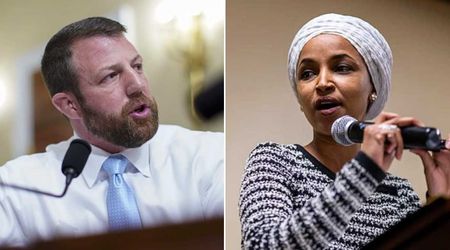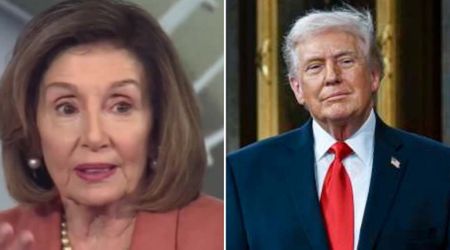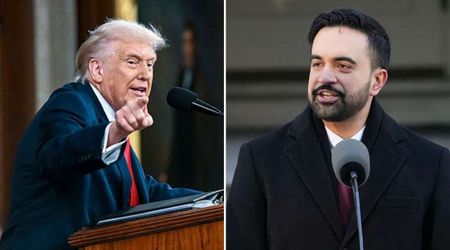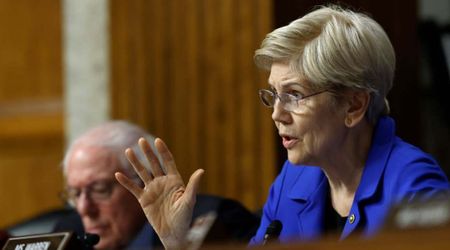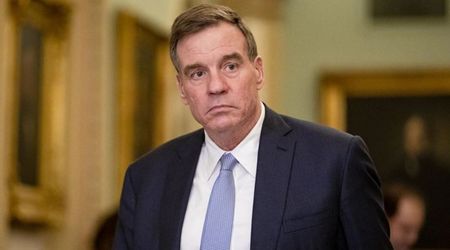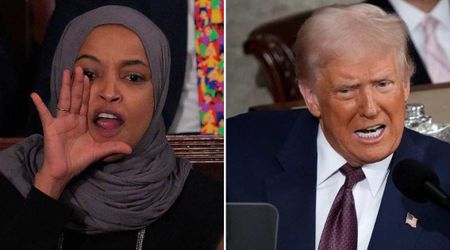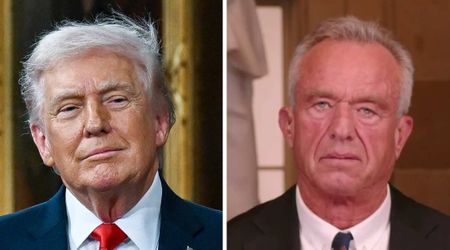Congress sends $9B spending cuts package to Trump after late-night House vote
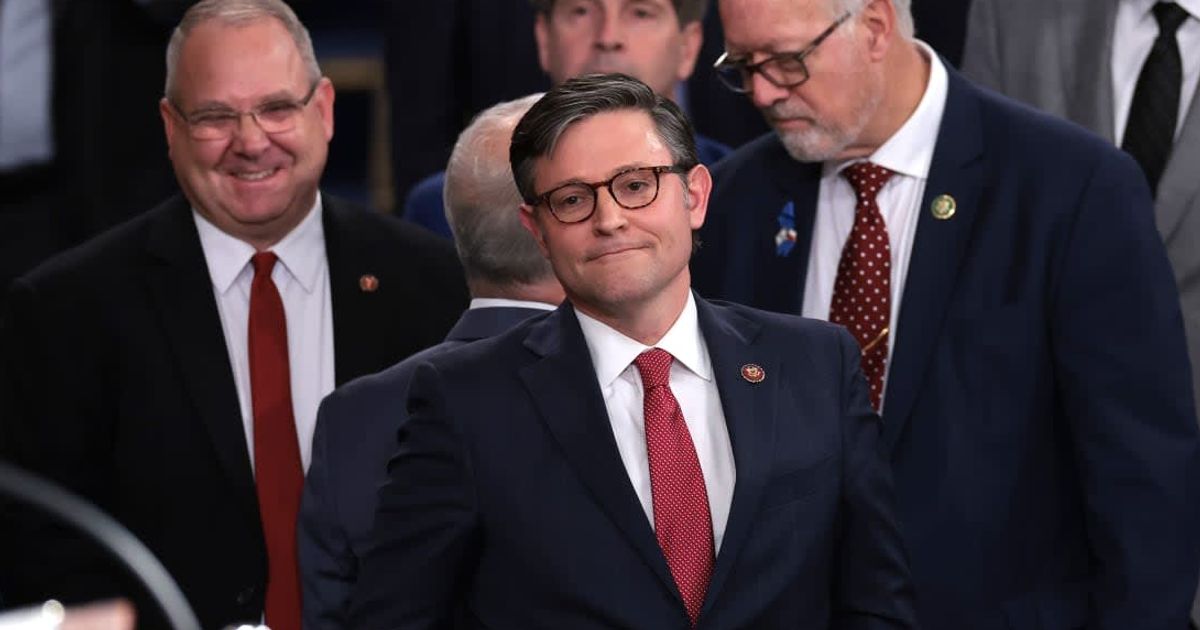
WASHINGTON, DC: At exactly 12.01 am on Friday, July 18, Congress officially dropped a $9 billion spending cut package on President Donald Trump’s desk.
The move marks the first use of the so-called “rescissions” process in over two decades. While it may not change things overnight, it’s a signal flare from House Republicans showing they’re serious about tightening Uncle Sam’s belt.
The bill squeaked through the House in a nail-biter 216–213 vote, with just two Republicans, Representative Brian Fitzpatrick of Pennsylvania and Mike Turner of Ohio, crossing party lines to oppose it.
Republicans target 'woke' spending as $9B in approved funds face rollback
The buzzer-beating vote came just before the White House would’ve had to re-obligate those funds as previously planned.
“This bill tonight is part of continuing that trend of getting spending under control,” said House Majority Leader Steve Scalise of Louisiana during floor debate. “Does it answer all the problems? No. $9 billion, I would say, is a good start.”
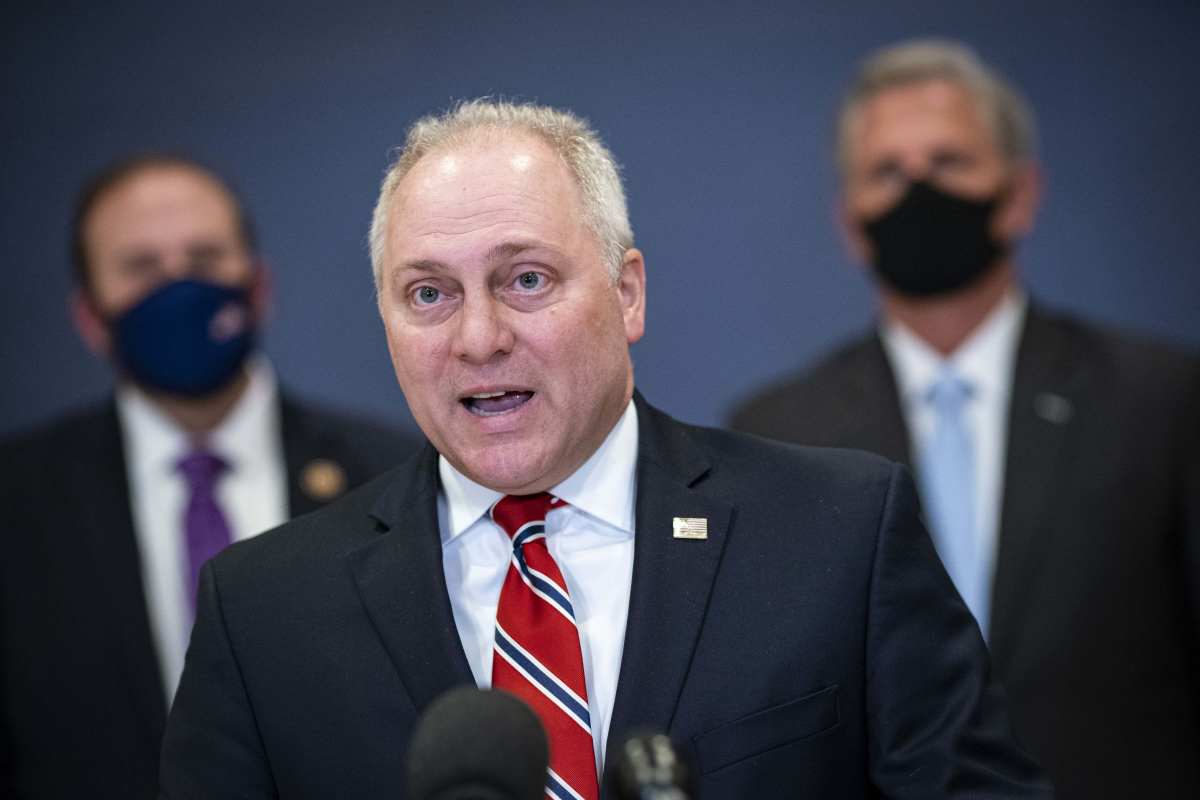
If Trump signs the bill into law, it’ll instantly freeze $8 billion earmarked for the US Agency for International Development (USAID) and another $1 billion for the Corporation for Public Broadcasting.
These were funds already approved by Congress for the rest of fiscal year 2025, but they are now being rolled back.
For Republicans, the move is about choking off funds to what they’ve slammed as “woke” international pet projects. Democrats, meanwhile, say this is a direct hit on critical foreign aid and global HIV/AIDS prevention efforts.
Jeffrey Epstein scandal hijacks the floor
Democrats repeatedly tried to wedge in the Jeffrey Epstein issue during the debate, pushing to force the release of the notorious "Epstein files.” They brought it up in the House Rules Committee and on the House floor.
“If every Republican votes to block our attempt to release the records, they are telling Epstein’s victims, you don’t matter as much as our political convenience. And that should disgust every single one of us,” argued Rep Jim McGovern of Massachusetts.
He even led a chant of “Release the files!” to close his speech.
McGovern: He's calling his own supporters stupid for believing the things he told them. And you are deeming adoption of a bullshit resolution on Epstein that does nothing. This resolution does not have the force of law. pic.twitter.com/6Gmpg1uW4c
— Acyn (@Acyn) July 18, 2025
Republicans pushed back hard. House Majority Leader Scalise clapped back, “Interesting how they talk about Jeffrey Epstein, because for four years, Mr Speaker, President Joe Biden had those files, and not a single Democrat that you’re hearing tonight tried to get those files released.”
Scalise: Interesting how they talk about Jeffrey Epstein… they are finally being exposed for covering it up for four years pic.twitter.com/CHjAkEqz9D
— Acyn (@Acyn) July 18, 2025
At one point earlier, Republicans delayed action on the rescissions bill over concerns that Democrats might blindside them with surprise Epstein-related votes. Eventually, both parties agreed to run a separate nonbinding measure on Epstein transparency alongside the cuts package.
“All the credible evidence should come out,” Speaker Mike Johnson told reporters earlier in the day. "I've been very clear with members of the House Rules Committee. Republicans have been taking the incoming criticism because they voted to stop the Democrats' politicization of this, and they're trying to stick to their job and move their procedural rules to the floor so we can do our work and get the rescissions done for the American people."
Despite GOP victory on $9B cuts, critics say the move is more symbolic than substantive
While this is technically a legislative victory for Speaker Johnson and the GOP, even conservatives admit it’s more about optics than actual economics.

Rescissions packages are a rare procedural tool that let the president request Congress to claw back already approved funds. The last successful rescissions package was passed way back in 1999. In this round, Republicans took advantage of rules allowing them to bypass the Senate’s usual 60-vote threshold—just 51 would do.
The bill originally stood at $9.4 billion but was shaved down in the Senate after some lawmakers voiced concerns about gutting funds for HIV/AIDS prevention in Africa. Still, the final $9 billion figure passed the House by the slimmest of margins.
Trump is expected to sign the bill as early as July 18.
This article contains remarks made on the Internet by individual people and organizations. MEAWW cannot confirm them independently and does not support claims or opinions being made online.

